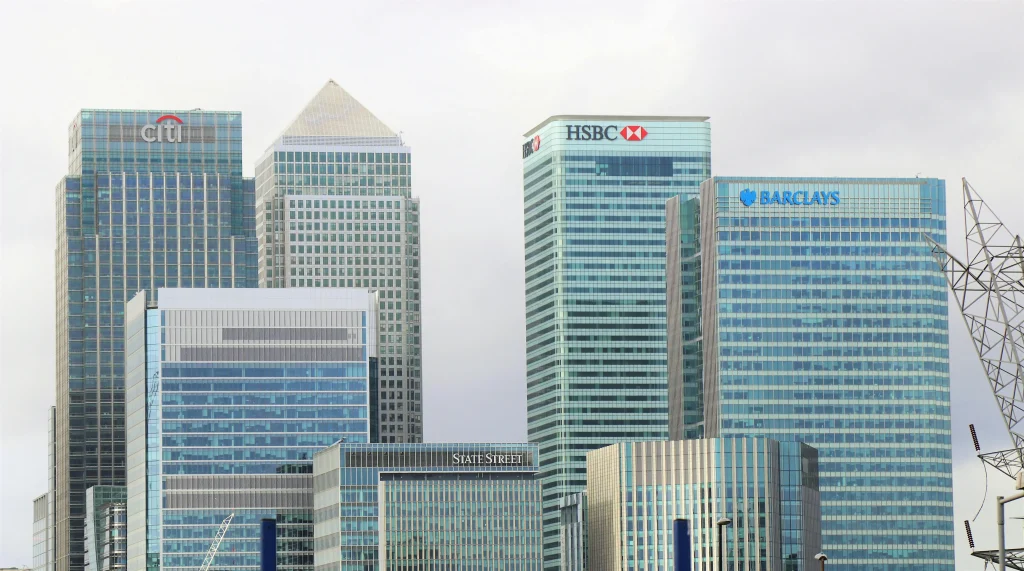In recent years, charities have faced multiple financial challenges, from the pandemic and the war in Ukraine to the cost of living crisis. However, even after successfully raising funds, some charities are encountering a new obstacle: losing access to their money. This process, known as ‘debanking,’ was highlighted in September 2023 on Radio 4’s Moneybox programme. In one case, a small charity had to rely on over £40,000 from its leadership team’s personal funds when a High Street bank suspended their account without warning. Unfortunately, this issue is not unique. A survey revealed that more than one in 20 charities have faced account freezes in the past year, leaving them unable to access funds, often at critical moments.
The root of the problem
The root of the problem lies partly in banks’ lack of understanding of how charities operate. But it’s not solely their fault. Banks are bound by anti-fraud, anti-money laundering, and anti-terrorism regulations designed to prevent criminal activity. In 2022 alone, UK customers lost £1.2 billion to fraud, making it crucial for banks to scrutinise transactions that deviate from “normal” spending patterns. However, these regulations were created with individuals and businesses in mind, not charities, whose operations often fall outside typical banking profiles. For example, a human rights charity may have trustees abroad, receive large lump sums from international donors, or send significant funds to high-risk areas, all of which could raise red flags in a bank’s system.
In this regulatory framework, banks often lack the flexibility to distinguish between legitimate charitable activity and suspicious behaviour. Many charities, especially smaller ones, do not have relationship managers to help them navigate these complexities. Large organisations with high turnovers might receive such support, but the majority of charities, with incomes under £100,000, do not meet the criteria. Consequently, UK banks closed 343,000 accounts in 2021-2022 alone. While not all were charities, this highlights the scale of the issue.
Even opening a charity account can be an ordeal. Banks must confirm the identity of charity trustees, who may be based overseas or have criminal records from political activism. Trustees often play non-executive roles in charities, with day-to-day responsibilities handled by senior management. Yet, banks are required to vet trustees, because regulations demand it. To complicate matters further, many charities affected by debanking aren’t given a reason for their account closures, as ‘tipping off’ is a criminal offence.
Addressing solutions
To address this, some accountancy firms have stepped in, offering client accounts where funds are ringfenced for charities. While helpful, this is merely a temporary solution. The real fix lies in revisiting and adapting the regulations to better suit the unique nature of charitable work, ensuring banks can support these essential organisations without compromising on security.







